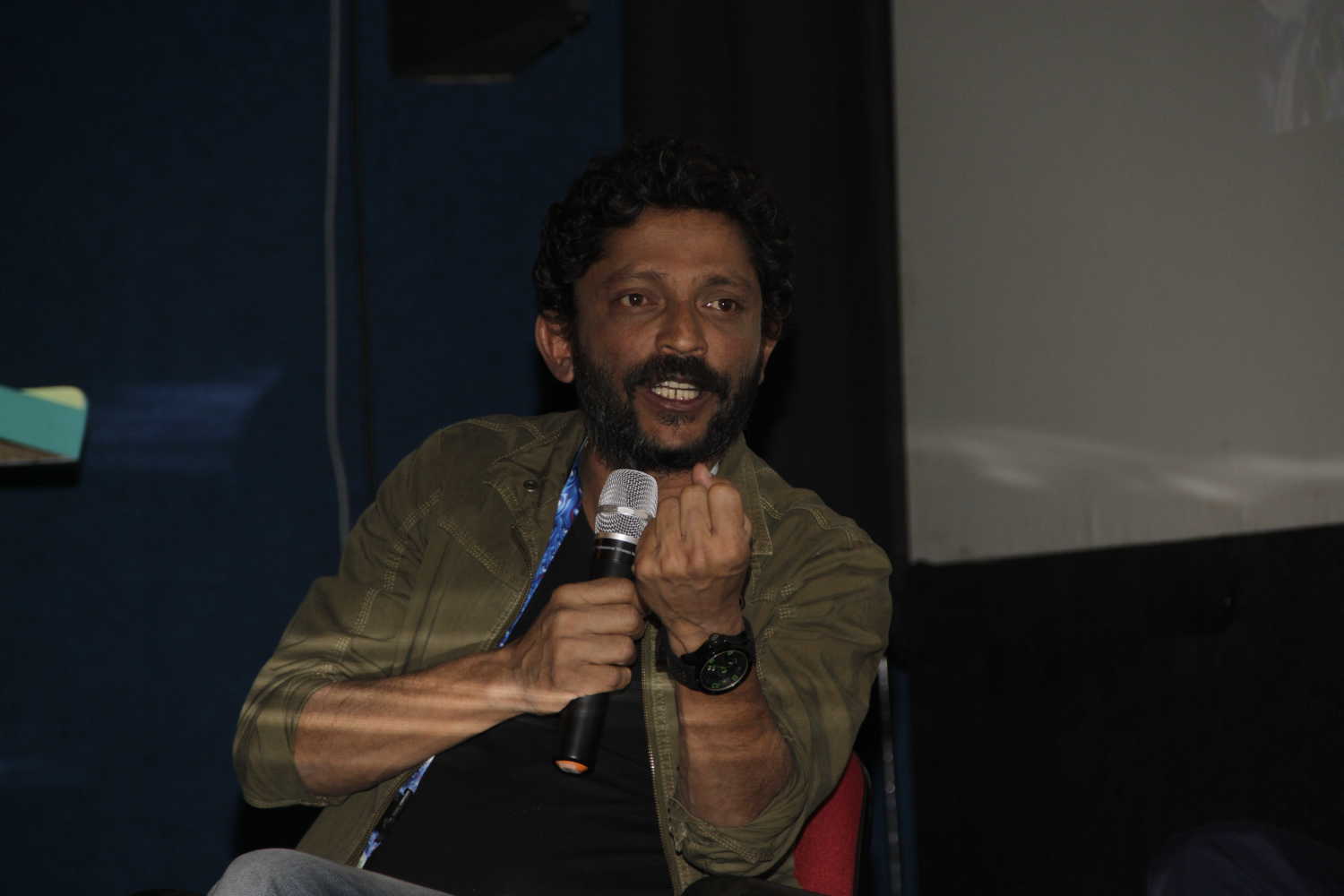The Madaari (2016) director said it was unfortunate that the two films missed out, but the final decision rests with the information and broadcasting ministry.
IFFI jury member Nishikant Kamat on S Durga, Nude snub: We do our best, what else do you expect?
Panaji - 21 Nov 2017 16:14 IST


Mayur Lookhar
The 48th International Film Festival of India began on a starry note in Goa with the likes of Shah Rukh Khan, Shahid Kapoor and Sridevi gracing a glittering opening ceremony.
That was a great boost for the state-sponsored festival which otherwise found itself in the midst of a controversy after two films — the Malayalam S Durga by Sanal Kumar Sasidharan and filmmaker Ravi Jadhav’s Nude (Marathi) — were dropped from the Indian Panaroma section on the Union information and broadcasting ministry's say-so.
The exclusion of the two films led to Indian Panaroma jury chairman Sujoy Ghosh and member Gyan Correa quitting the panel.
Actor-director Nishikant Kamat, known for films likes Drishyam (2015) and Madaari (2016), is also a member of the jury. The Daddy (2017) actor was one of the four panellists on a discussion on ‘The Power of Storytelling'. Cinestaan.com spoke briefly to Kamat after the session.
Asked about the controversy and the subsequent resignation of Ghosh and Correa, Kamat said, ”It is unfortunate that the two films could not make it. We had selected them wholeheartedly. I don’t know the exact reason, some people are saying [they were withdrawn] because of technical difficulty. That might be the reason, but my point is that the final judgment lies with the ministry.”
‘The Power of Storytelling’ session discussed how cinema reflects society and also how the medium should help to bring about socio-political change. But what does a filmmaker do when politics plays out over a film as in the case of Sanjay Leela Bhansali's magnum opus Padmavati? Protests by fringe groups are expected, but various politicians, too, have jumped on to the bandwagon of Rajput 'pride'. Is the establishment living in fear that a film could upset communities? Did that fear cost S Durga and Nude?
“I don’t know what to say," Kamat admitted. "The idea was to send the best films; unfortunately, the two got caught in the act somewhere. But there are 160 other good films; I would rather look at the brighter side than the controversy.”
Asked if there is a sense of helplessness on the part of the jury, he replied, “No, nothing of the sort. As jury members, we do our best. What else do you expect us to do?”
Earlier, during the discussion, we asked Kamat and fellow panellist and Airlift (2016) director Raja Krishna Menon whether cultural differences and religious sensitivity make it difficult for Indian filmmakers to create films that can bring about positive change in society.

Menon was forthright in his reply. “I don’t care,” he said, “For starters, we need to stop being sensitive. As a Malayalee I can be offended, as a Tamil I can be offended, offended as human beings, offended as a species. There is no end to this. If you start thinking about this, you will end up making only crappy films.”
Kamat said, “I don’t need a controversy now. Honestly, you can’t imagine who all get offended. Generally what you do is take care of a few things. You don’t want to touch upon something so sensitive that it upsets people.”
Related topics
IFFI Censorship





